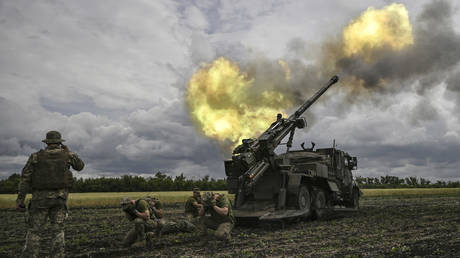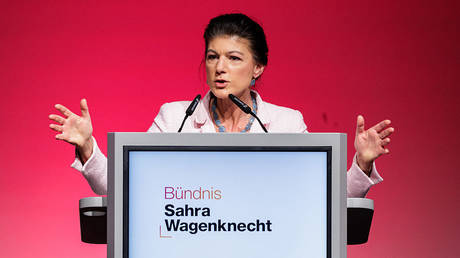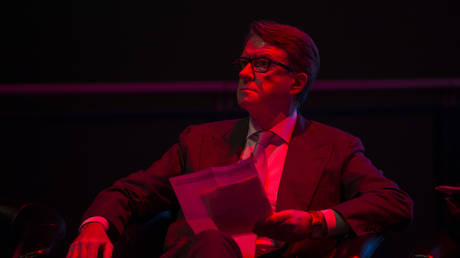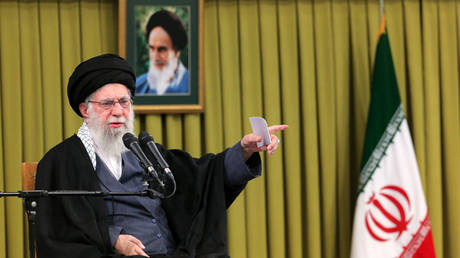
Brussels can only cover around 46% of reimbursement requests for military assets donated to Kiev, the news outlet reported
The EU fund set up to help member states replace weapons they’ve sent to Ukraine will cover less than half of the requests for reimbursement submitted to Brussels, Politico reported on Friday.
Shortly after the outbreak of the conflict between Moscow and Kiev in late February, the EU said it would reimburse its member states for providing arms to the Ukrainian government. Brussels allocated €500 million ($487.3 million) to the cause, but when the first claims were submitted, it turned out that the money was only sufficient to cover 85% of the amount, sources told the outlet.
The allocation was later increased to €1.5 billion ($1.46 billion) but, according to unnamed diplomats, it’s still insufficient. It’s currently estimated that the purse will facilitate the reimbursement of some 46% of requests, they said.
Poland was especially “angered” by the development as it alone submitted €1.8 billion ($1.75 billion) in receipts, sources revealed. “For them, below 50% is just too little,” one of the diplomats pointed out.
Warsaw has been stalling the final deal on reimbursements for days, hoping it could negotiate a higher rate. Those delays have caused frustration among some member states, which see Warsaw standing between them and the EU payments, the sources said. Poland finally agreed to the 46% figure on Wednesday, according to the diplomats.
“The waning payback scheme risks damaging the EU’s reputation as a reliable military partner” amid increased calls for more weapons coming from Kiev, Politico pointed out.
Ukrainian President Vladmir Zelensky has singled out air defense systems as the new priority in Kiev’s cooperation with its Western backers as Russia has been subjecting military targets and infrastructure across Ukraine to intensive missile strikes since the start of the week.
READ MORE: US comments on deliveries of air defense systems to Ukraine
Moscow has long been critical of arms deliveries to Ukraine by the US, EU, UK and some other countries, arguing that they only prolong the fighting and increase the risk of a direct confrontation between Russia and NATO.




